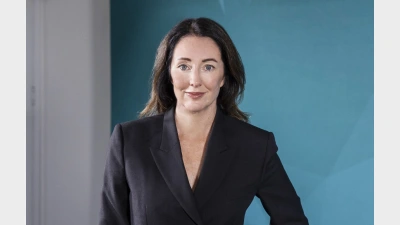APRA seeks feedback on super financial resilience


The Australian Prudential Regulation Authority (APRA) is seeking information from superannuation trustees on their plans to maintain financial resilience and protect members’ best financial interest.
This covered the use of the operational risk financial requirement, reserving practices, protections afforded via insurance and fee setting and design.
Specifically on fee setting and design, APRA said this was likely to “continue to evolve” over the next few months in light of ongoing legal matters regarding fund reserves.
Super trustees were required to maintain sufficient financial strength, contingency planning and robust business plans to operate effectively, particularly in the unexpected event of fines or corporate restructures.
APRA executive member, Margaret Cole, said: “We want to know more about how adequately resourced trustees are, how they are making financial projections in business planning practices, and what is their provisioning for contingencies.
“The imminent change to the law regarding the use of fund reserves to pay financial penalties will cause some trustees to rethink their current structures and approach. We are particularly keen to learn more, through this consultation, about how trustees are planning to change current practices.”
Trustees were invited to submit feedback by 11 March, 2022.
Recommended for you
The Association of Superannuation Funds of Australia (ASFA) has called for the incoming government to prioritise “certainty and stability” when it comes to super policy.
AMP has delivered a stronger first quarter in FY25, underpinned by continued positive net inflows into its flagship North platform and improving outflows in its superannuation business.
Rather than retreating in the face of rising volatility and geopolitical uncertainty, superannuation funds are tactically positioning themselves to capitalise on equity market weakness, prioritising liquidity and flexibility to make strategic buys.
The CEO of superannuation advocacy body ASFA has laid out the sector’s expectations for Australia’s next government, underscoring the need for policy stability to safeguard members’ retirement savings.













